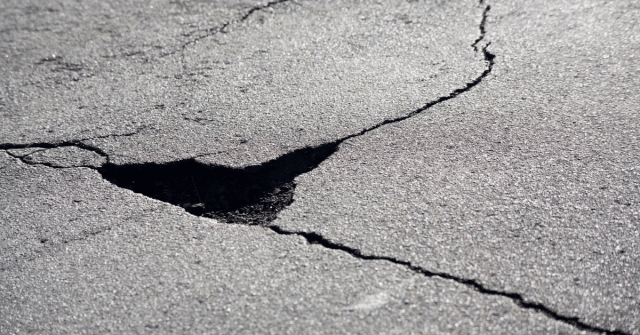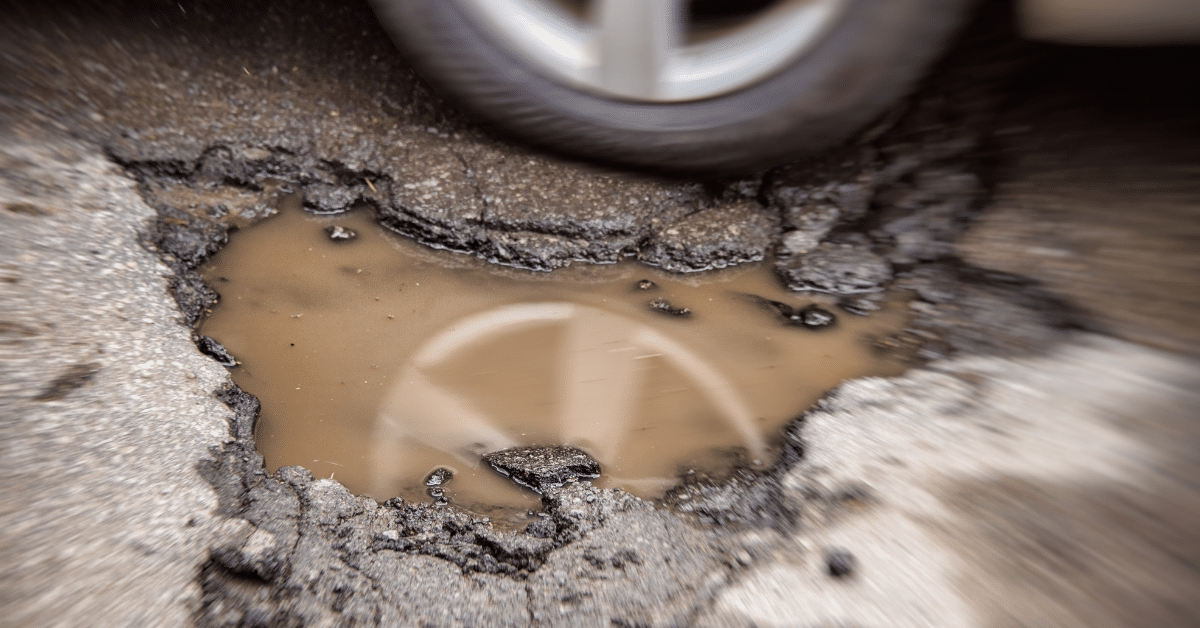When planning a new driveway, one of the biggest decisions you will need to make is the material you want to use. From gravel driveways, pavers, to concrete driveways, and asphalt, there are several options, and each has its own pros and cons.
So… how do you choose the best driveway material?
What you need to think about when selecting your new driveway material
Here we’ll explore the factors that impact how a driveway looks and performs over the long term. We also share the many benefits of asphalt for your driveway and why we believe this is the best choice.
When selecting a driveway material, most homeowners mainly focus on aesthetics. Given how much of a significant feature a driveway can be, this is completely understandable. However, there are a few other factors you should also take into consideration.
The Cost
The price of a driveway can vary greatly depending on the materials used and the labour required. Some materials will also require regular maintenance, making your driveway even more expensive over the long term. If your budget is limited or you want to keep the cost down, certain materials will be more suitable.
The Soil Type
Different types of soil provide different levels of support and will be better suited to different driveway materials. For example, sandy soils are more stable and provide better drainage, making them better for cement and asphalt driveways. Alternatively, clay soils tend to be less structurally sound and less porous, making gravel a better choice.
The Climate
Different driveway materials will perform better in certain weather conditions. For example, the natural drainage of a gravel driveway is particularly beneficial in wetter climates. Whereas asphalt is quite flexible and will safely expand and contract as the temperature changes.
How Much Use it Will Get?
While most driveway materials are fairly robust, some are better suited to frequent use and heavier loads. For example, an asphalt driveway stands up to heavy daily use and can bear large weights. However, regular use and heavier vehicles are likely to cause holes in a gravel driveway.

Here’s why Asphalt is the Best Material for a Driveway in Perth:
With all the above in mind, asphalt makes for the best driveway material for our hot Perth climate. Asphalt has important attributes that make it particularly suited to our unique climate and lifestyle.
Quick and Easy Installlation
Asphalt driveway installation only takes a couple of days, including the time to prepare the site. Also, as asphalt doesn’t need to cure, it can be driven on almost straight away.
Cost-effective Installation
Installation of asphalt is much less labour intensive than the installation of concrete, paved driveway, or other materials. It is usually much more affordable (potentially up to 40% cheaper), particularly for longer driveways.
Long Lifespan
If looked after correctly, asphalt should continue to serve you well for up to about 30 years. This is largely thanks to asphalt’s flexibility and the way it distributes weight across the driveway surface.
Minimal Ongoing Maintenance Requirements
To keep your asphalt driveway looking its best, just pressure wash it twice a year and reseal it every couple of years.
Look Good for Many Years
As asphalt is an oil-based material, it is quite good at hiding oil spills and other stains. The finish of asphalt also tends to hide cracks, particularly when they are patched correctly.
Considering Asphalt for your Driveway?
While it’s important to do your own research when choosing a new driveway material, it’s also worth speaking to professionals. As leaders in the installation of asphalt driveways in Perth, Claremont Asphalt can help you decide if asphalt is the best material for your driveway.
Contact us today to discuss your plans and requirements, and to arrange your free quote.

